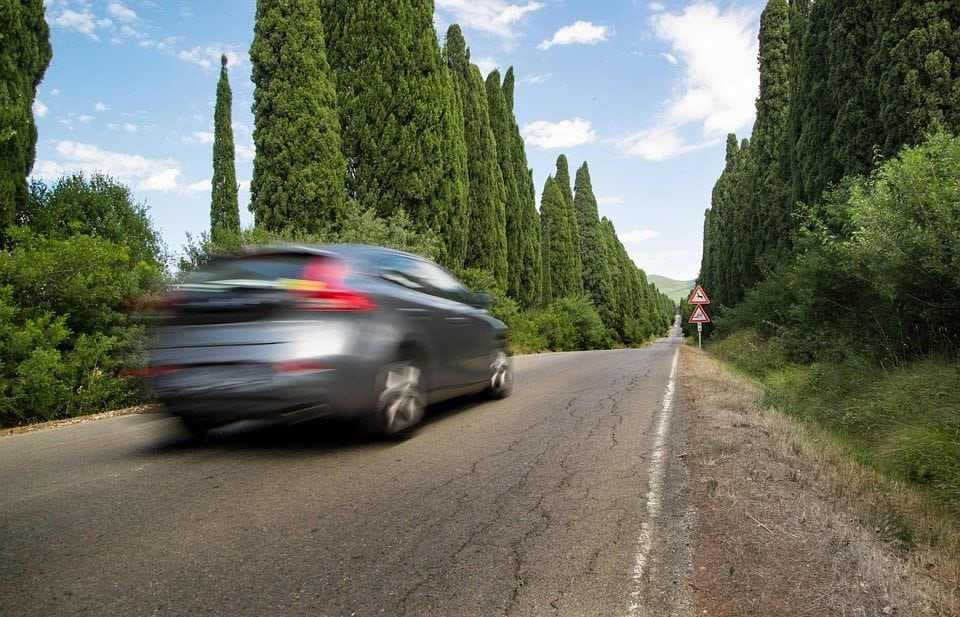Over time, many people have been led to believe that winters are the most dangerous times to drive. This is because of the icy and wet winter conditions that are commonly associated with slippery roads. This could however be lesser in magnitude if the details of the Department of Transportation data depict the reality on the ground. The data indicates that summers are the most risky times to drive. It goes ahead to give statistical evidence that between the summer period of June and August 2012, eighteen percent more accidents occurred that the winter months of December through to February.
This spike in summer crashes can be attributed to many factors including congested roads, unroadworthy vehicles and stress driving. Driving safe during winter is a collaborative effort but you must do all that is within your capacity to ensure that you play your role. Below are some tips to help you drive through summer safely.

Ensure Your Vehicle is in Good Condition
Different seasons come with different weather conditions. Summers are generally hot and sunny. This in itself is enough to strain the mechanical parts of your vehicle. Doing a vehicle check up before you embark on your vacation drive will guarantee you safety and peace of mind. Some of the major car systems to inspect include:
• Cooling system- Inspect the radiator for leaks and cracks while at the same time check the rubber cooling system hoses to ensure that they have no swellings or leaks.
• Battery- the car battery should be checked for loose connections and terminals. This will enhance performance and prevent costly breakdowns.
• Tires and suspension- ensure your tires have no dangerous sidewall breaks or excessive wear and tear. This will guarantee you excellent road traction even in slippery roads. Check the suspension and make the necessary alignments
• The braking system- The salts used on roads during winter can cause substantial damage to the braking system. After every 20,000 kilometers, you need to have your brakes inspected. Brake failures have caused a significant portion of road accidents.
• The exhaust and lighting system should also be checked to ensure that everything is running smoothly before you turn the ignition key.
Heat and Glare management
When driving, glare can affect your eyes making you see imaginary dark spots. These can cause poor visibility and ultimately accidents. Having sun glasses on while driving in sunny weather can help you decrease the effect of glare. A sun shield can also come in handy when you park your vehicle. This shield will keep the interiors of your vehicle free from the excessive summer heat. This heat can also cause dehydration especially during long trips. To counter this, ensure you carry enough drinking water to last you through the journey.
Exercise Good Road Use
It is commonly said that while driving, you have to assume that everyone else is not a good road user except you. You therefore need to be extra vigilant on the road in order to avoid accidents. Summers are characterized by many road users, a situation that can lead to congestions and traffic snarl ups. To maneuver in these roads, you need to know how to share the road with others. For instance you should have enough following distance when behind motorcycles. Also you need to be extremely careful when driving through construction zones. Never ignore even a single road sign it could mean a lot for your road safety.
Always Be Alert and Sober
Driving over long distances can cause fatigue and stress at the steering wheel. Avoid the temptation to drive for long distances without a break even if your destination is tucked far away. The nature of the roads can also reduce your concentration level. Before you start driving, ensure that you get sufficient sleep. In the course of driving, be sensitive to your body and stop when you feel fatigued. Having regular breaks will enhance your blood circulation and make the trip more enjoyable.
Always Carry Emergency gear
Imagine suffering a tire burst in the middle of nowhere. This will not only inconvenience you but endanger your life as well. It is always good to carry an emergency gear such as rags, flashlights, reflective warning signs, extra coolant and oil and even food. For communication purposes, ensure that you always have your cell phone full charged and with an extra battery.
In addition to the above tips, you also have to confirm that all the car occupants are properly buckled up before you set off. Children under the age of 12 should always be in the back seat and not at the front. The airbags can easily cause injury or even death to young children.
Author bio:
Brenda Panin is a full time mom of two beautiful girls and a great car lover.
Useful information for this article has bee kindly provided by Berwick Motor Group.

